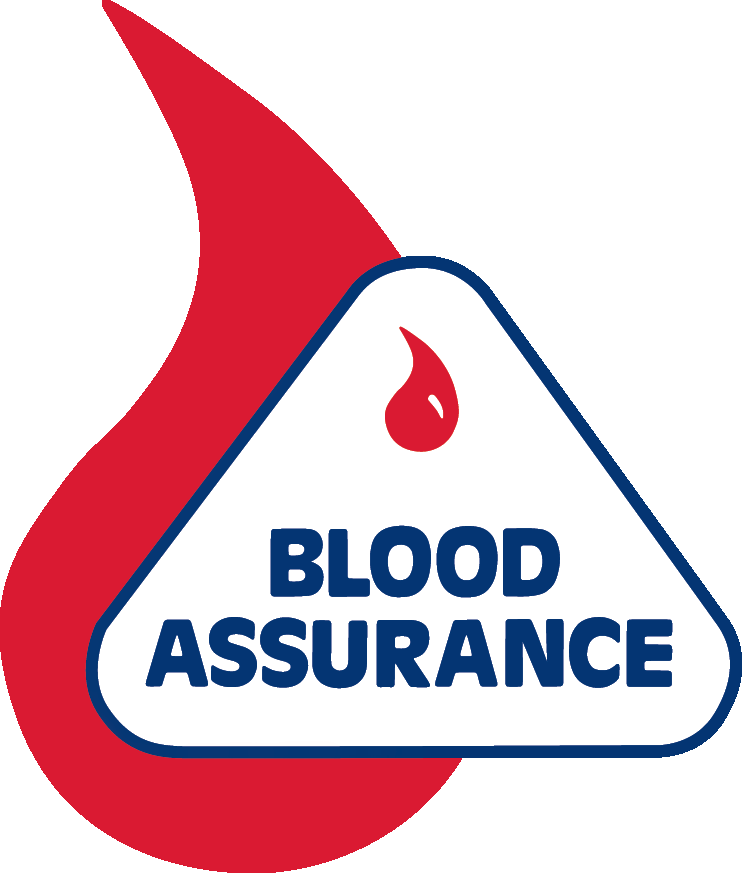CALENDAR
Important Dates
- July 11: Application Deadline for all documents
- August 4-8: Notification of admission to program
- September 16-19: Orientation and Classes Begin
SEPTEMBER: Orientation
- Onsite orientation at Blood Assurance provides at least 5 of the 13 required clinical rotations
- Virtual Orientation is an option but would not include the required practicums
Module 1: Laboratory Operations
Principles of lab management, education, quality management, human resource management, and laboratory quality systems
Module 2: Human Blood Groups I
Immunology, genetics, biochemical and molecular basis for human blood groups; ABO, Lewis, and secretor studies; importance of blood group antigens/antibodies in transfusion therapy.
Module 3: Human Blood Groups II
Application of genetics, biochemistry, and molecular basis for Rh, Kell, Kidd, Duffy, Lutheran, Knops, and other blood groups.
Module 4: Advanced Immunohematology I
Pretransfusion testing strategies and procedures; rare blood products and special patient situations; intraoperative blood salvage, component therapy, blood administration and patient blood management.
Module 5: Advanced Immunohematology II
Blood donor recruitment, blood collection, processing and quality control, distribution. Transfusion transmitted disease testing principles, methods, and monitoring.
Module 6: Advanced Transfusion Medicine Principles
Hemostasis, physiology and disorders of the hematopoetic system; hemolytic anemias and hemolytic disease of the newborn and fetus; immunodeficiency disorders and treatment; platelet and histocompatibility antigens; GVHD.
CLINICAL ROTATIONS
Clinical rotations must be completed in order to graduate from the program. These rotations are designed to familiarize students with all aspects of transfusion medicine and blood center operations. The student, with the help of their mentor is responsible for locating and scheduling rotations to meet their needs.
Many rotations are observational only and can be completed within a relatively short time. Some rotations may be completed during orientation at Blood Assurance, in Chattanooga, TN as time allows.
Permission to complete a virtual UTMB rotation may be granted by the Program Director on a case-by-case basis.
The Immunohematology Reference Lab (IRL) and Transfusion Services rotations require approximately 20 – 40 hours each to complete and include required hands-on activities. These 2 rotations are of primary importance for the SBB student experience & program completion. At the discretion of the Program Director, students currently working full time in a hospital transfusion service or IRL may request and be given credit for some checklist activities based on experience.
